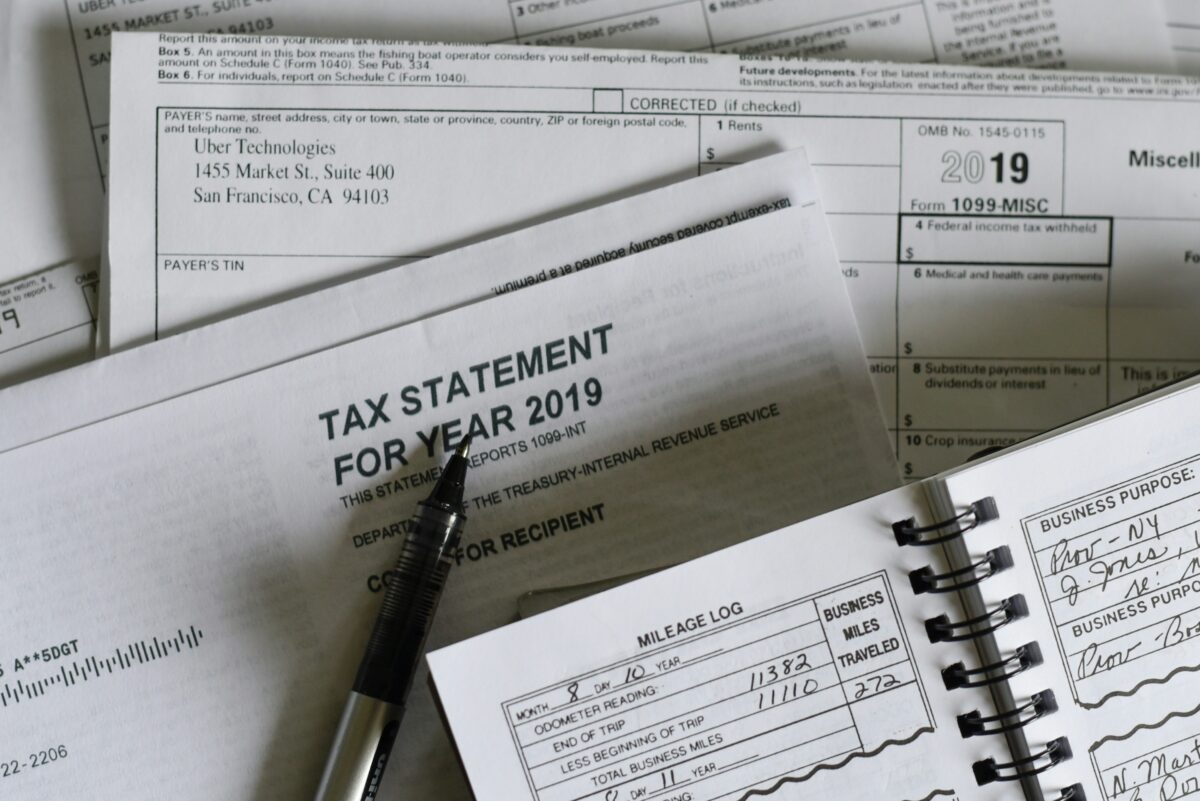Thailand Income Tax. Thailand taxes individuals on a calendar-year basis and distinguishes residents from non-residents. You’re a resident if you spend 180+ days in Thailand in a tax year; residents are taxed on Thai-source income and on foreign-source income when it is brought into Thailand. Non-residents are taxed only on Thai-source income.
1) What counts as taxable income?
Thai law groups “assessable income” into eight categories (Section 40), including employment income, hire-of-work fees, royalties, interest/dividends, rental income, professional income (e.g., lawyer, doctor), contract work, and business income. The category matters because expense deductions differ by type.
Real-world snapshot:
-
A Bangkok-based employee receiving salary plus a rent-free apartment has both cash and in-kind income taxable as employment income.
-
A freelance graphic designer issuing monthly invoices falls under “hire of services” (Section 40(2)) and can claim a standard expense deduction before allowances/tax credits.
2) Rates and how the progressive system actually bites
Thailand applies progressive bands to taxable income (after expense deductions and personal allowances). Current resident brackets top out at 35% on income above THB 5,000,000. The lower bands step up at THB 150k, 300k, 500k, 750k, 1m, 2m and 5m.
Example: If your net taxable income (after deductions/allowances) is THB 1.2m, tax is computed slice-by-slice across the brackets, not 25% on the whole amount.
3) Residency + the foreign-income “remittance” rule (2024→2025)
For residents, foreign-sourced income is taxable when remitted into Thailand. In 2024 the Revenue Department confirmed that foreign income earned in 2024 or later is taxable on remittance; pre-2024 earnings remitted in 2024 were generally excluded. Guidance and practice notes widely reflect this “remittance-year” approach.
There are 2025 policy signals about softening the rule to encourage repatriation (e.g., draft legislation to ease the burden on residents remitting foreign income). Treat this as proposed until enacted—follow official updates before planning.
Practical scenarios:
-
A retiree resident in Chiang Mai transfers 2025 UK pension payments into Thailand monthly → taxable here in the year transferred.
-
A digital nomad earns in 2025 to an offshore account, then wires funds to a Thai bank in 2026 while still resident → taxed in 2026 (the year of remittance).
4) From gross to taxable: expense deductions and personal allowances
Before applying the rate bands, Thailand lets you deduct standard expenses for certain income types and then claim allowances/credits:
-
Employment / hire-of-work: standard expense 50% capped at THB 100,000. (Actual expenses aren’t normally claimed for these categories.)
-
Mortgage interest for a Thai residence: up to THB 100,000 per year.
-
Social security contributions: deductible up to THB 9,000 a year (Section 33 employees; other sections have lower caps).
-
Insurance: life insurance premiums up to THB 100,000; health insurance up to THB 25,000; parents’ health insurance up to THB 15,000 (subject to combined caps).
-
Retirement savings: Provident Fund (PVD) up to 15% of wages (combined cap), RMF up to 30% (≤ THB 500,000 combined retirement cap), and SSF up to 30% (≤ THB 200,000), with an overall retirement-related ceiling of THB 500,000 across instruments.
-
Donations: generally up to 10% of income after other deductions; certain education/health donations may be treated preferentially within that cap.
Worked example (employee):
Gross salary THB 1,200,000 → expense deduction 50% capped at 100,000 → assessable THB 1,100,000. Then subtract allowances (e.g., social security 9,000; life insurance 100,000; mortgage interest 100,000). Remaining taxable income runs through the progressive bands.
5) Filing, payment, and timing
-
Tax year: 1 January–31 December. Paper returns due 31 March of the following year; e-filing enjoys an 8-day extension (for 2025, to 9 April 2025). The e-filing extra-time policy is currently extended through 31 January 2027.
-
Employers generally withhold monthly; final settlement is via your annual return, where you claim your allowances and either pay the balance or obtain a refund.
Case study: An employee with multiple income sources (salary + SideCo dividends). Salary withholding covers most of the PIT. Thai-company dividends are generally withheld at 10%; residents can choose to exclude those dividends from their annual computation (waiving the dividend tax credit) if that’s beneficial.
6) Penalties, surcharges, and how they are calculated
Miss a deadline or underpay and the Revenue Code imposes a 1.5% per month surcharge (a fraction of a month counts as a month), capped at the tax due. Additional fixed fines can apply for late filing—even where no tax is due—plus heavier civil penalties in serious cases.
Example: You file on 30 May with THB 40,000 due. Two months late = 3.0% surcharge (THB 1,200) plus any administrative fine the officer assesses for the late return.
7) Cross-border relief: treaties & credits
Thailand’s double tax treaties typically allow a foreign tax credit against Thai tax on the same income (subject to limits). In practice, keep evidence of foreign tax paid; timing and characterization (which Section 40 category) affect the credit mechanics—especially under the remittance rule for residents. (Use the treaty that matches the source country and confirm the creditable amount under Thai rules.)
8) Putting it together — three grounded profiles
-
Remote employee paid overseas, resident in Thailand (2025): If the salary is for services performed while in Thailand, it’s Thai-source and taxable here regardless of where it’s paid; if parts are for services performed abroad and you remit them, those remittances are taxed in the year brought in. Keep clean records splitting workdays and remittances.
-
Retiree with foreign pensions + Thai condo: Pensions remitted in-year are taxable; claim mortgage interest (≤ THB 100k) and insurance deductions as eligible. Consider the treaty position of pension income and whether withholding abroad creates a credit.
-
Entrepreneur with Thai and overseas dividends: Thai-company dividends face 10% WHT (with optional exclusion from the annual return); foreign dividends remitted are taxable, with potential foreign tax credit. Timing of remittances materially changes your Thai tax year exposure.
Key takeaways to act on in 2025
-
Confirm your residency days—they drive exposure to the remittance rule.
-
Map each income stream to its Section 40 category before year-end to know which expense deduction method applies.
-
Use the e-filing window through 9 April and the extended policy through 2027 if you need extra days.
-
Track retirement/insurance/mortgage caps; these move the needle for middle- to high-income taxpayers.
-
If you have foreign-source income, plan remittance timing and keep documentation for any foreign tax credits—and watch for any enacted 2025 changes before moving funds.





